-
CreatorTopic
-
08/18/2015 at 2:06 pm #3291
Neetha Morar
MemberCommunity Stakeholders are key in ensuring that there is understanding of trial results in the community and that community based media groups are sharing the correct messages. Thus, should the stakeholders be part of media training with staff members and assist in crafting of messages. It would be great for community engagement plans to consider including stakeholders (key ones) in the crafting of messages.
-
CreatorTopic
-
AuthorReplies
-
-
10/16/2015 at 8:32 am #3961
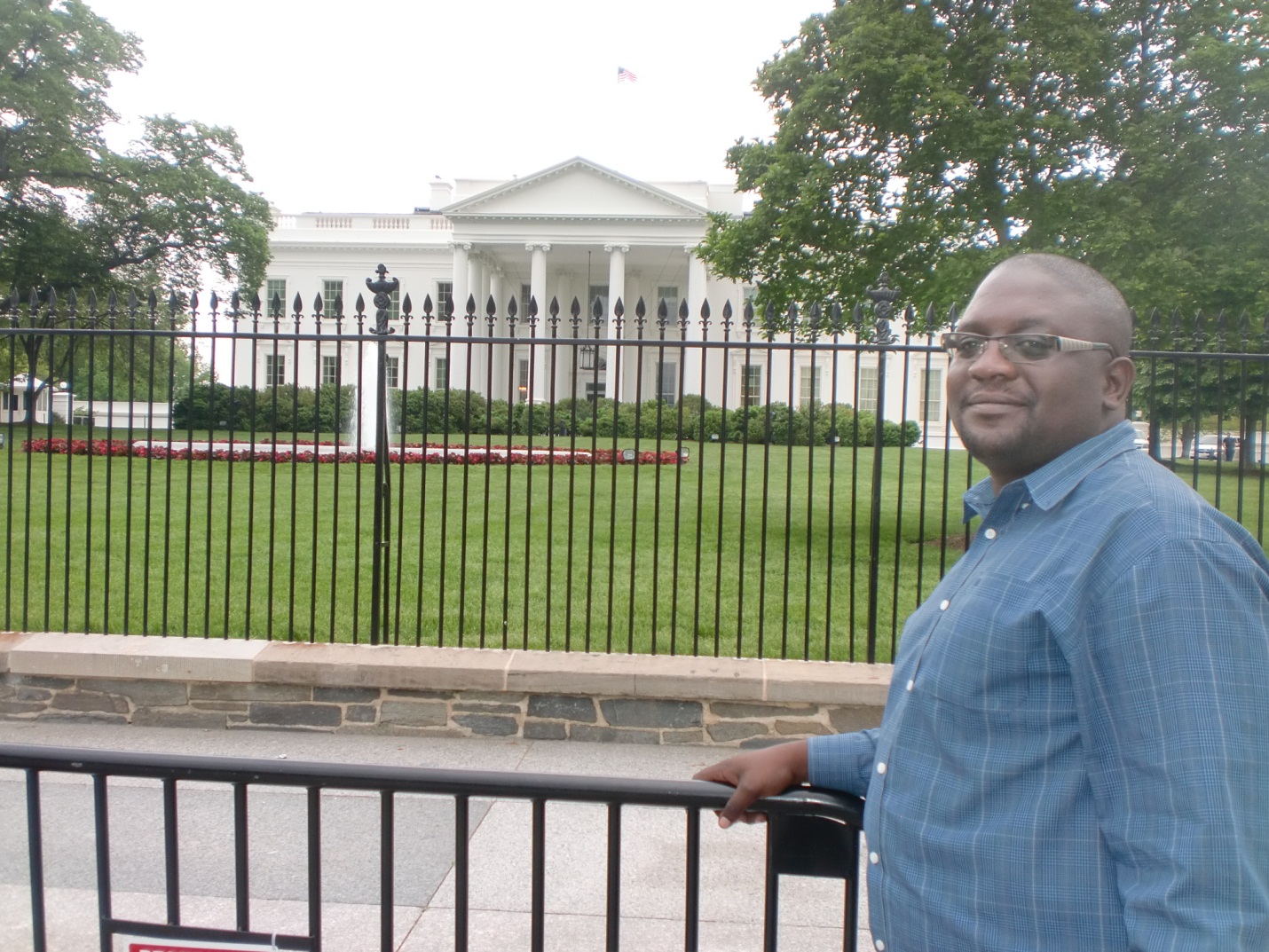 PearsonMember
PearsonMemberthe stake holders are involved in all the stages from the development to the message to dissemination of the results. Our trail site involves the media at all stages of the trail thus making the message development process easier as all involved have a clear understanding of the trail .
-
09/03/2015 at 4:02 pm #3630
Anonymous
InactiveHilda- I LOVE that you said on-going engagement and education can easy the tension between local community stakeholders and the research team. Building trust is a crucial element to successful engagement. Remember, engagement does not mean recruitment. One sign of good engagement is increased enrollment. It is not the only outcome. Good stakeholder engagement may mean that you do not conduct the trial, because it has become clear that the community does not want the research.
-
09/01/2015 at 12:47 pm #3608
Hilda
MemberHi Friends Stakeholders should be involved where active or not so that a bigger group is aware of the research trials in the community. On-going engagement with them in education about research, reason of involving them and what role they play in being involved of what is happening can easy the tension as research trials are identified. Less resistance and good understanding will develop. Even future studies would be acceptable. Recruitment of participants would be easier. Network purposes as well, as different people with skills and expertise would be identified.
But with other responsibilities that naturally adults are involved in, we need continuous training through workshops to remind them of what is expected of the.
Hilda Ntjana
-
08/21/2015 at 10:43 am #3412
 AromMember
AromMemberA question for the group? Should stakeholders that do NOT support the trial be involved? If so, how would you involve them?
I think they should be involved , in early stage of the trial , in order to clarify the impacts of the trial on stakeholders and to understand the reasons why they do not support the trial.
Arom P.
-
08/20/2015 at 5:50 pm #3380
 AliceMember
AliceMemberFrom the bottom level approach, a stakeholder would be a village elder who serves as a gate keeper to the community. You may not penetrate the community if the village elder is not involved. Therefore it is good to involve them for you to get the their support.
-
08/20/2015 at 3:38 pm #3370
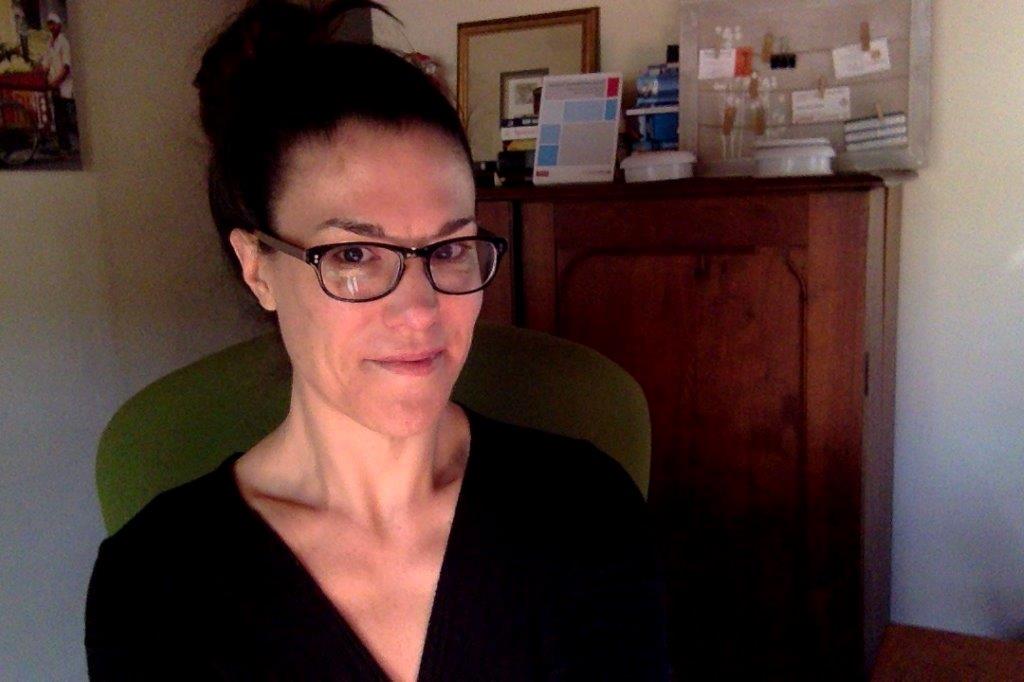 AnneMember
AnneMemberAnd Mo, you make a good point about stakeholder identification. There are some stakeholders who are strong champions and some who are strong ‘resisters’ or whose interests are possibly threatened. But most stakeholders fall somewhere in between, right? How do we identify those?
And, to chime in with another theme on the thread, when we open our doors and invite input, what if the stakeholder’s views doesn’t align with ours? How do we make our stakeholders feel valued, like their input counts for something— versus just a compulsory check on the research ticklist?
-
08/20/2015 at 3:13 pm #3368
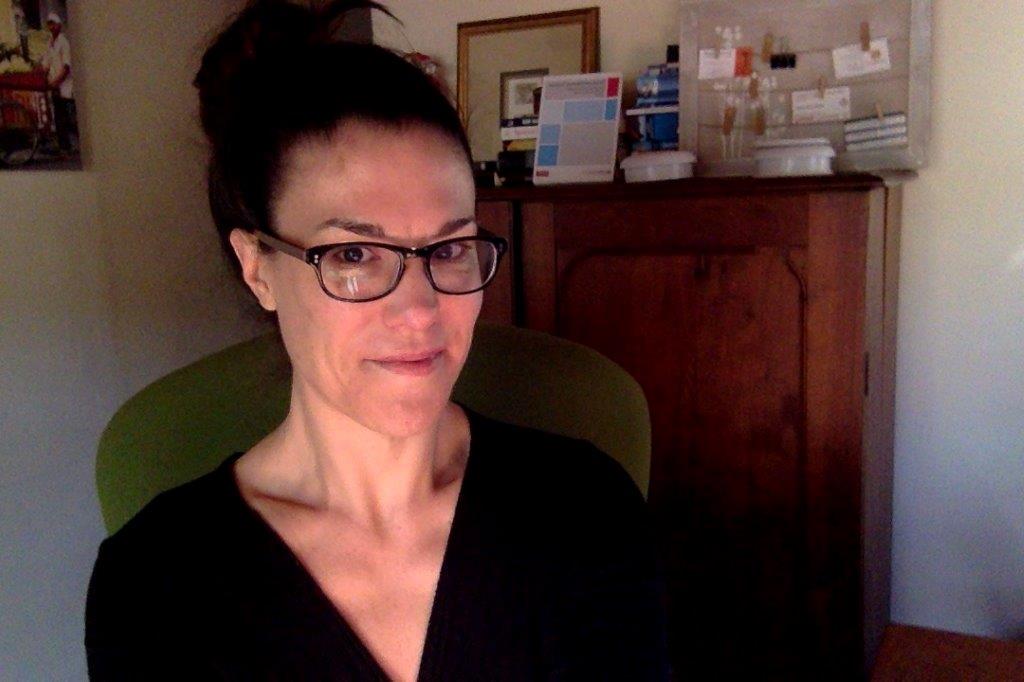 AnneMember
AnneMemberHi Mo!
Where in the world (which geographic location/region/country) are you most active, in terms of work and involvement in the research process? Other work assignments will prompt you to do additional analysis of context, barriers, etc in a particular setting —and you will reflect on how these relate to stakeholder engagement in that setting.
Does that help, in terms of framing your thoughts?
-
08/20/2015 at 1:45 pm #3357
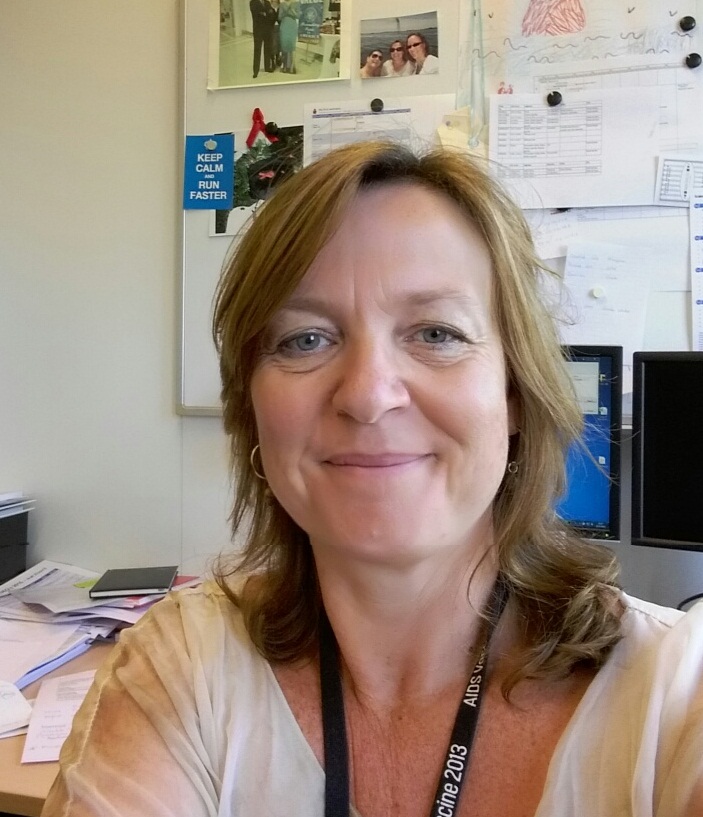 MoMember
MoMemberI do agree stakeholder should be involved from early stages in HIV prevention trials on, although I think it is not so easy to define all stakeholders. Hope to learn a lot during the training course.
An other item I would like to bring up has to do with the first assignment, to describe the HIV epidemic in your community. As I am an employee of a global pharmaceutical company, living in the Netherlands, I am not so sure how to interpret this question. Our HIV prevention trial scope is global, not restricted to a certain country or community. Anybody else who has the same question or any suggestion from the group?
-
08/20/2015 at 11:50 am #3354
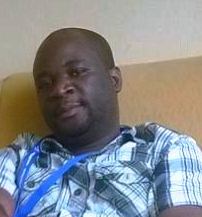 StevenMember
StevenMemberIt is very important that the community stakeholders are involved in the development of messages because they are the best people who can advise on the best language to be used. This can only be very helpful if the stakeholders are involved from the beginning.
Steve
-
08/20/2015 at 11:37 am #3352
 DenverMember
DenverMemberGreat Idea Sylvia!
-
08/20/2015 at 10:39 am #3348
Sylvia
MemberWhat if we engage them through giving them some responsibilities( May be on CAB). I imagine this may give a platform for the study staff to deal with the may be existing myths and misconception. Once they are brought on board, then it levels the ground for other trials in the community
-
08/20/2015 at 10:34 am #3347
Clever
MemberI feel that there is something that is missing in this discussion. It is like each and every person on this platform has a different definition of a stakeholder. It will be great to first of all understand what we mean by this term. reading through these responses makes me feel that some feel that the media are not part of the stakeholders. Then who makes up the group of stakeholders?
-
08/20/2015 at 9:49 am #3346
Sylvia
MemberI agree that it important to involve them in developing messages throughout the whole cycle of the trial
-
08/20/2015 at 9:45 am #3343
Sylvia
MemberI agree that it important to involve the stakeholders in developing key messages for the trial because it gives them an opportunity to own the study. Thus they will be even more supportive during result dissemination, no matter the outcome.
-
08/20/2015 at 9:28 am #3341
 MarkMember
MarkMemberThe role of stakeholders in developing Trial results is first and foremost they have tobe engaged in the whole life cycle of the Trial, understand the Trial objectives and wha is expected of it (positive or negative results). This process prepares their minds on a good note and be able and with confidence to participate in results disimination.
Mark
-
08/20/2015 at 8:05 am #3335
 EdnaMember
EdnaMemberI agree with Nokulunga.
Those who Do Not suuport probably have misconceptions about the research. Perhaps involving them in discussions, giving more information, accepting their points of view and trying to reach mutual consensus can help their understanding of study procedures and potential long term benefits to the community.
-
08/20/2015 at 7:23 am #3333
 NokulungaMember
NokulungaMemberStakeholders who do not support the trial are part of the community even though they are against what might be happening in the community, for that reason they need to be involved. Those stakeholders can be involved by using stakeholders who are involved and have much impact in the community and they have ways to approach those stakeholders.
This is very important because myths and misconceptions are usually spread by those people who do not understand, accept or support the trial. Involving them is part of managing issues and the GPP Blueprint for Stakeholders does emphasize that research teams develop an effective plan for engaging with a “full range of stakeholders” throughout the course of a biomedical HIV prevention trials.
-
08/19/2015 at 10:37 pm #3323
 DenverMember
DenverMember”A question for the group? Should stakeholders that do NOT support the trial be involved? If so, how would you involve them?”
Hi just a response to the above..
i think the community stakeholders should be involved because they are part of the community and have the right to know whats going on – Awareness!!!
we also need both side views of the trial for future implications..
-
08/19/2015 at 3:40 pm #3320
Terfa Simon
MemberIt is even best to engagement in the key message development workshop or get them to review the key messages before moving ahead with the process.
-
08/19/2015 at 3:28 pm #3319
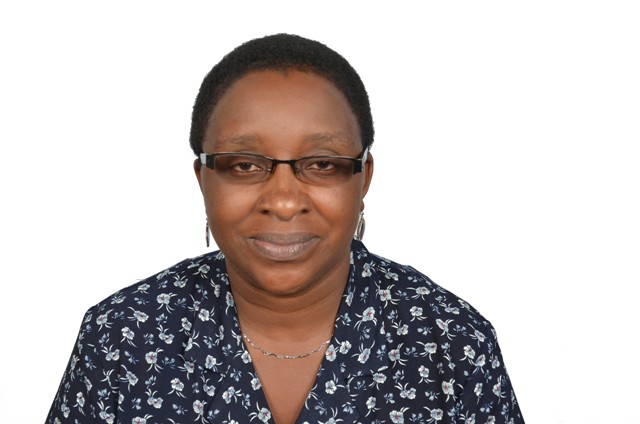 EricaMember
EricaMemberHi i think it will be good to involve the community stakeholders id developing messages especially if they have been involved in the trial from the beginning or development and implementantion of the trial, However i think is important for the site community engagement team and site staff to ensure that the messages are correct, clear and simple for community members to understand
-
08/19/2015 at 1:35 pm #3316
Barbara
MemberThey should be involved in order to give the picture on the other side of the coin.
-
08/19/2015 at 9:16 am #3311
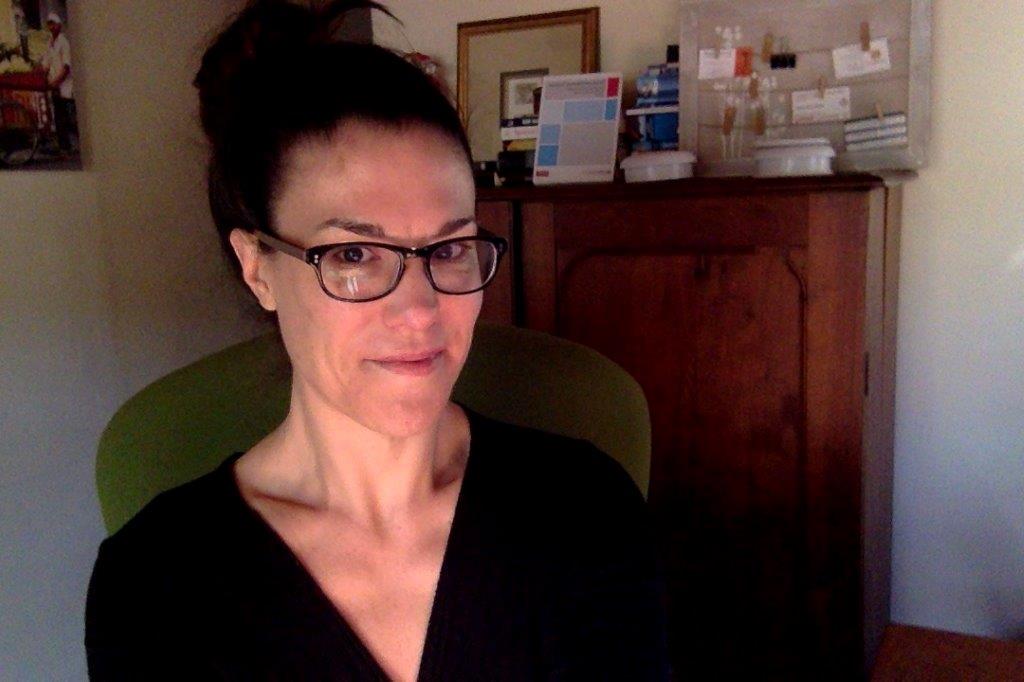 AnneMember
AnneMemberHi all:
This is a super interesting topic (one of my favorites), and we look forward to talking much more about this issue in the upcoming lessons.
BUT, before we jump tooooo far ahead, be sure to also respond to Lesson 1’s Discussion Question thread!
Thanks!!
-
08/19/2015 at 8:33 am #3310
Phumla Jessica
MemberGreat point, Neetha! I do think that they should be involved in the media training and be involved in the messaging of results. I think it’s also important to involve them continuously, not just at results level. Things may happen during the course of the trial that can create media interest and if the key stakeholders are well informed about the trial, they may assist the site as well in informing the community. Perhaps we should look at media training as something we do early in the trial so as to prepare our stakeholders for anything that may happen during the course of the trial.
-
08/19/2015 at 6:35 am #3303
Thembi
MemberDear All, My name is Thembi from Johannesburg. This is very interesting topic I feel like I am behind its being hectic on my side with patient care. I will have to do my best to be on the same page with you.
I think stakeholders should be engaged as most of them they have a big influence in our communities. I fully agree with you but i have been asking myself that can we involve our stakeholders in our CAB structure as CAB members or that will be conflict of interest?
-
08/19/2015 at 4:44 am #3301
 JosephineMember
JosephineMemberStakeholders who do not support the trial should be involved too because not involving them is inciting more resistance from them. Remember stakeholders are people of influence in communities at different levels.
Involving them enables you address their concerns or minimize their negative reactions that would impact on study acceptance.
The ideal is to know how to involve them and when to involve them. As long as they are involved in early stages, their opposition is likely to reduce. People with influence usually expect you to recognise them and their importance. That could save alot of resistance, misconceptions and other undesirable outcomes for the trial.
-
08/18/2015 at 9:13 pm #3300
 PrudenceMember
PrudenceMemberThey should be involved. Because not involving them could have negative effects on the trial. They should be involved to mitigate negative reaction. The first step to involving them is to find out what they objection is about i.e why they do not support the trial. when you find that you can then know the approach you need to handle these stakeholder.
-
08/18/2015 at 9:05 pm #3299
 PrudenceMember
PrudenceMemberYes i agree that they should be involved. From the start to the end. They should also be furnished with regular updates. This is to prevent them from feeling left out in the process. From my experience they were involved in the Key message development training. This has helped in both mitigation and demand creation.
-
08/18/2015 at 3:44 pm #3297
Emmanuel
MemberThis is an excellent point Neetha, Stakeholders should be considered on taking part on Media trainings together with staff as that will assist in minimising “Myths and Misconception”. Also if they can be actively part/ participate in CAB structures.
-
08/18/2015 at 3:43 pm #3296
Anonymous
InactiveA question for the group? Should stakeholders that do NOT support the trial be involved? If so, how would you involve them?
-
08/20/2015 at 9:48 am #3345
 MarkMember
MarkMemberThe stakeholders who do not support the Trial have all the rights to do so, and do have reasons or concerns of their own. It is therefore of vital importance to engage them in serious discussions or meetings where their concerns can be addressed.
Mark.
-
08/20/2015 at 9:46 am #3344
 MarkMember
MarkMemberThe stakeholders who do not support the Trial have all the rights to do so, and do have reasons or concerns of their own. It is therefore of vital importance to engage them in serious discussions or meetings where their concerns can be addressed.
-
-
08/18/2015 at 3:33 pm #3295
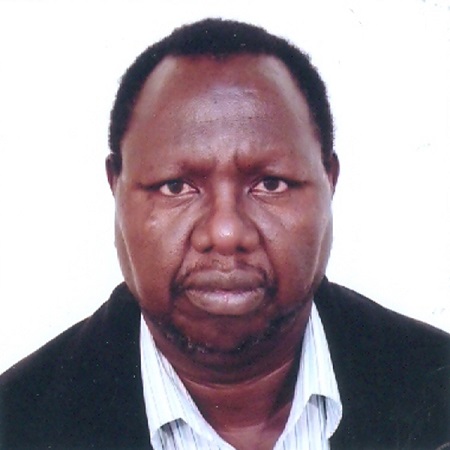 CharlesMember
CharlesMemberStakeholders should be engaged in the development of results messages so that they can own the results messages and help dispel misconceptions if any on the same in their relevant communities. this will be possible if they were engaged from the beginning and received research updates throughout the process.
-
08/18/2015 at 2:50 pm #3293
Anonymous
InactiveThis is a great point Neetha! Stakeholders should definitely be included in crafting community messages.
-
08/21/2015 at 10:26 am #3409
 NombuyiseloMember
NombuyiseloMemberStakeholders should be involved in media training with staff,they can also give recommendations on how to share the trial results with the community .
-
This reply was modified 10 years, 4 months ago by
 Nombuyiselo.
Nombuyiselo.
-
This reply was modified 10 years, 4 months ago by
-
08/19/2015 at 2:30 pm #3317
Terfa Simon
MemberThose who do not support the trial are usually very vocal. It is very important to seek and involve them at the design stage or as early as it is practically possible. Their opposition may lead to distractions that may be difficult to manage, Our team usually segment our community engagement process in to two namely demand creation and conflict mitigation. It is important to actively identify such people or groups and pay them advocacy visit as part of the process of conflict mitigation.
-
This reply was modified 10 years, 4 months ago by
Terfa Simon.
-
This reply was modified 10 years, 4 months ago by
-
-
AuthorReplies
- The forum ‘GPP Online Training Forum_Aug 2015’ is closed to new topics and replies.


